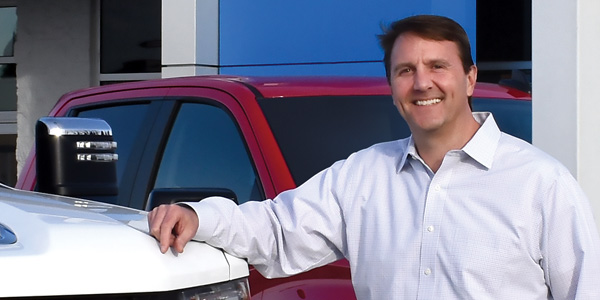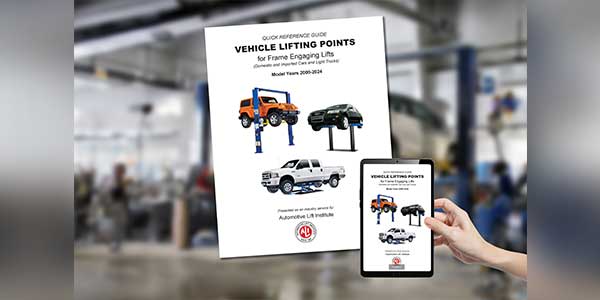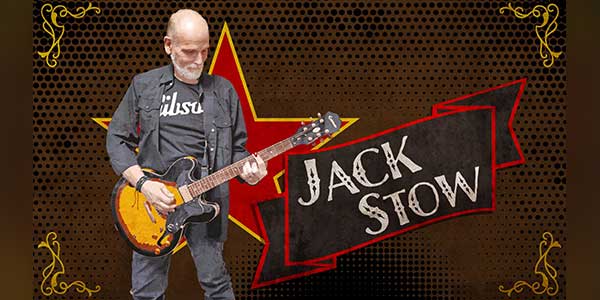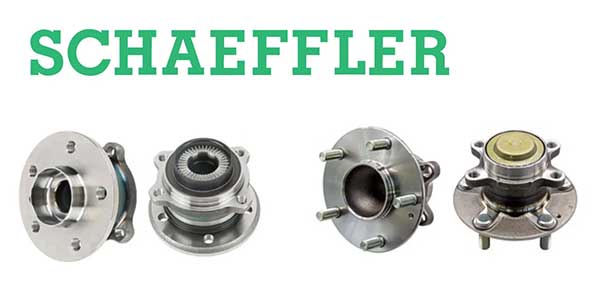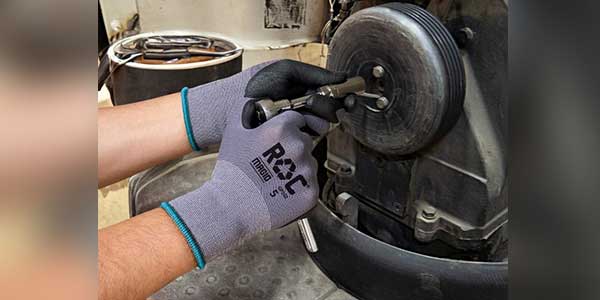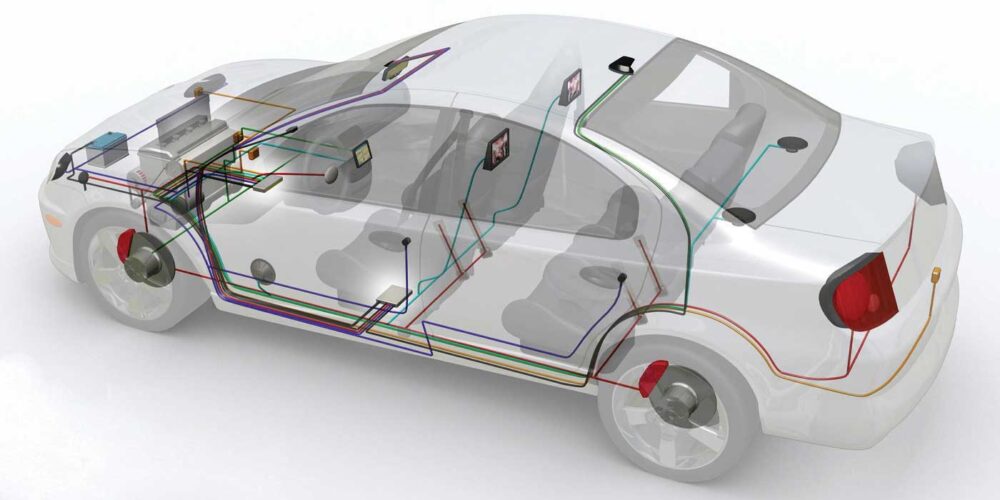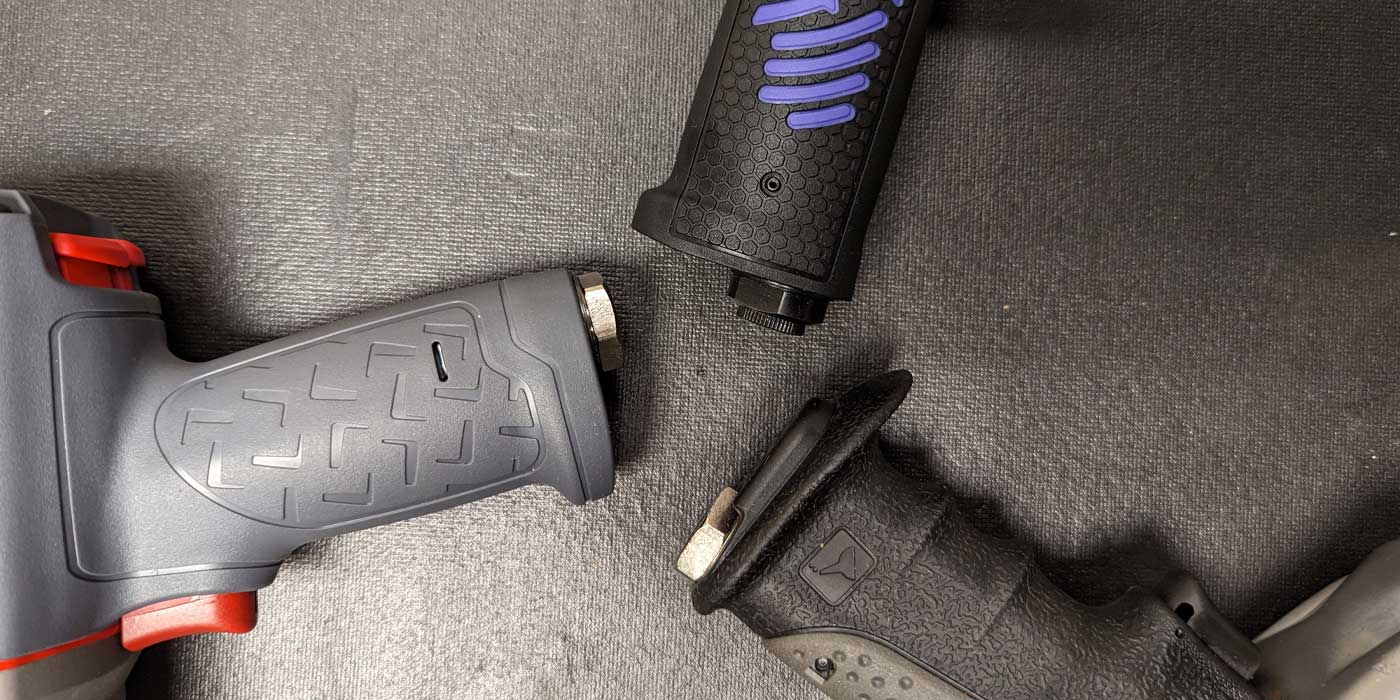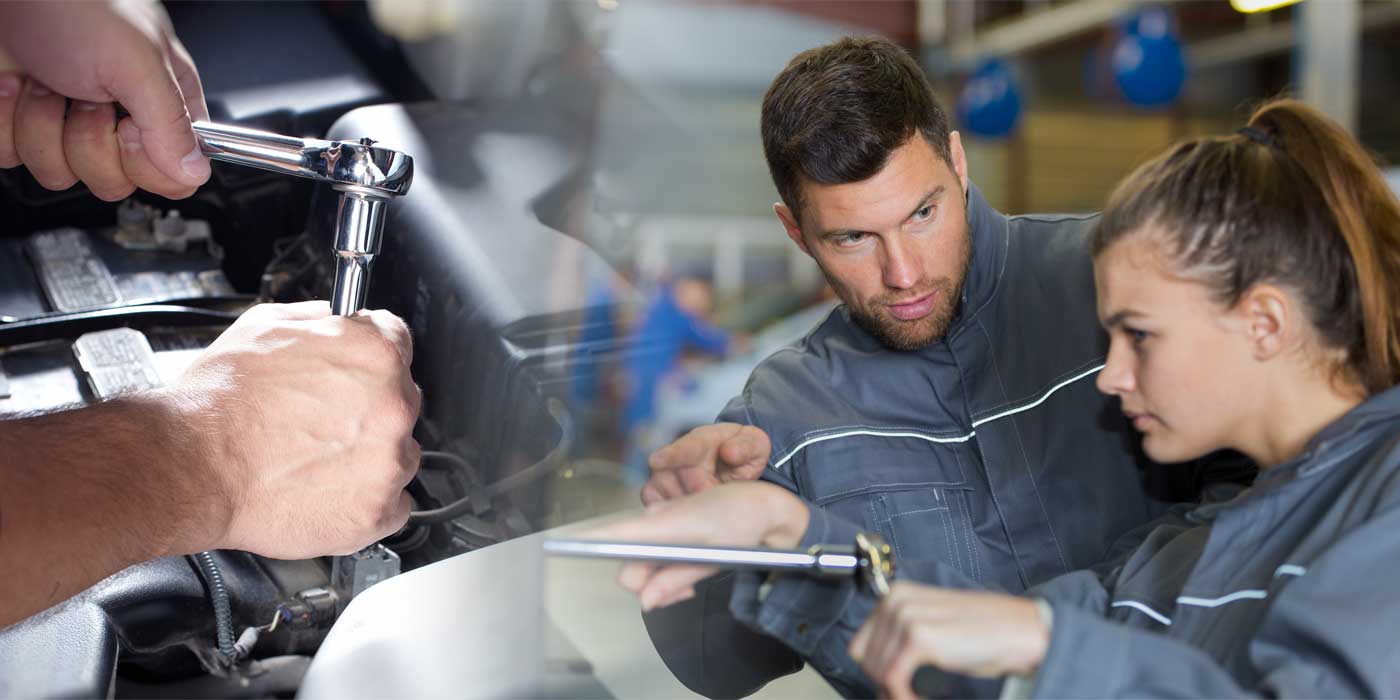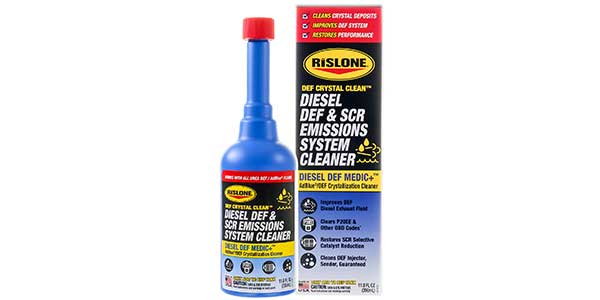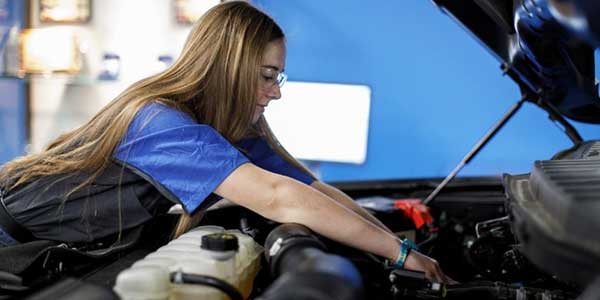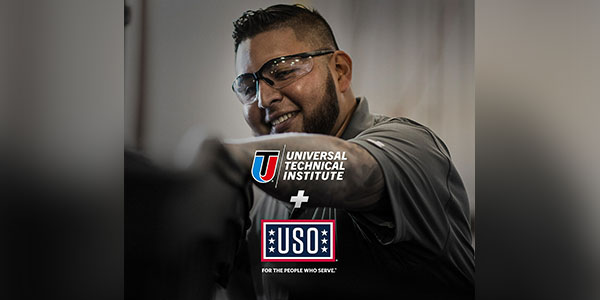Best-In-Class Dealer Solves Recall Problem
Is the safety recall ecosystem broken? According to a recent book — Safety Recalls: Think You’re Covered? — there are significant errors and publication delays. Not just with the SaferCar.gov site and the National Highway Traffic Safety Administration (NHTSA), but also with vehicle history reporting companies and even the OEMs. In addition to dealers not really knowing the safety recall status of every vehicle in their inventory, every day it is difficult for dealers to know the actual liability and financial impacts that safety recalls have on their operations.
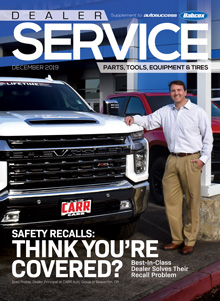
Dealer Service wanted to obtain a safety recall best-practice dealer’s view on this situation and what they are doing about it — and how other dealers can get covered and stay covered.
We caught up with Brad Preble, dealer principal at CARR Auto Group in Beaverton, OR. CARR Auto Group is a $200 million company with automotive sales and service for Chevrolet, Nissan and Subaru in Beaverton, and Cadillac and Buick GMC in Vancouver, WA. Carr Subaru has been the largest parts and service Subaru dealer in the nation for 20 years and is a 23-year consecutive Chairman’s Roundtable winner (top 20 dealer in U.S.). Carr Chevrolet has been the largest Chevrolet dealer in Oregon for 15 years running and Carr Nissan became Oregon’s largest Nissan dealer in seven months.
They have been a family owned and operated business since 1941, and have been rated as one of the 100 Best Companies to Work For in Oregon by Oregon Business magazine each year for the last 10 years. They are active in the community, sponsoring various schools, intramural sports teams and nonprofits and giving to the United Way.
It is this focus on the community that drives everyone at the CARR Auto Group dealerships to provide the best sales and service experience to their customers. Their community focus drives them to “get it right.”
With this in mind, we were curious about why they felt they needed to take it up a notch — to identify and manage safety recalls. We also wanted to know what they are doing, and why other dealers might be interested in how they have solved the problem, and how they can quickly and easily get in front of the safety recall mess. Preble shared his views concerning his dealer group as well as the industry.
DS: Brad, why is it so important to you to deal with safety recalls?
BP: We want to be a good community member and build customer loyalty for the long run. To support this core value, we avoid retailing vehicles with open safety recalls. It’s the right thing to do.
It seems obvious that recalls should be important due to the potential safety implications — for every stake holder involved, including customers, dealers and manufacturers. However, I’ve found that there seems to be a numbness to the recall problem. Every day it seems a new batch of recalls are announced affecting hundreds of thousands of vehicles, and I fear that it’s simply becoming “white noise.” I don’t believe customers (and even dealers) are responding like they should. We have a duty to ensure we are fixing known product problems to the best of our collective ability. Additionally, nuances in the safety recall “ecosystem” can make even the most diligent dealer miss recalls.
DS: What are your goals regarding safety recalls?
BP:Our goal is to check every car, every day to ensure we are catching every recall. For that to happen, we employ a regimented process that is simple, efficient and reliable.
I’d like to see a much better repair rate across the industry. There are a variety of reasons for the low repair rates, including (the lack of) customer response, misidentification (vehicles have open recalls, but the “normal sources” say they’re clear), dealers thinking they are covered as a result, delays in getting OEM notices out, etc. I believe franchised dealers can systematically attack the problem to increase recall repair rates.
The more complicated vehicles become with automated safety features, the worse it’s going to get.
DS: What were you doing before that you were not convinced was the best approach?
BP:We thought we had a good process and that we were covered: A single employee was responsible for going through our used car inventory report each week, checking for recalls on the fresh trades and purchases. She alerted our service manager when she found a vehicle requiring repair. While there were obvious gaps in this approach, we believed we were adequately minimizing our risk.
Unfortunately, it became apparent that this approach was not sufficient: [1] Doing a weekly process cannot find recalls that are issued every day. [2] We discovered that the responsible employee had fallen behind on her checks and simply had not bothered to catch up. At this point, we conducted our own internal “fire drill” and realized there were far too many gaps in our approach and that it was giving us a false sense of security. Additionally, we determined that we needed to check in brand-new and used vehicles as well as off-brand used in an automated way to overcome our manually intensive process.
DS: What made you review alternatives to manage safety recalls?
BP:After our “fire drill,” we identified all of the potential pinch points where vehicles with recalls could slip through the cracks without us noticing. To our surprise, there were quite a few. We embarked on a mission to develop a cost-effective solution that could be easily managed. Due to the complexity and nuances of the safety recall ecosystem, we quickly dismissed the idea to build something in house and looked for a vendor who could provide what we needed.
While there were several companies purporting to provide a quality service, AutoAp was the only one that we trusted to reliably check every vehicle, every day without fail. They often tell us about affected vehicles before our OEMs do.
DS: You had a “make/buy” decision: create your own solution or buy a third-party service. Why did you decide to buy?
BP:As a car dealer, we focus every day on improving the activities in our core business, namely selling and servicing vehicles. We are most definitely not in the software business. AutoAp had developed a comprehensive set of solutions and spends significant time, energy and resources to get it right for their clients. Their automation, data analytics and multi-sourced solutions result in the highest-quality service in the marketplace. They also have mobile business intelligence to provide the financial and liability insights to the impacts to dealer operations due to safety recalls. This information is at your fingertips, with near real-time information to make even better business decisions, which increases profitability while reducing liability. We felt we could leverage this experience best by partnering with them.
DS: Did you learn anything after getting set up?
BP:On the very first day of AutoAp installation, we realized how poorly our process was being managed in house. I’m embarrassed to say that the software caught numerous vehicles in our inventory that we had supposedly already checked and cleared. Some of these were due to the fact that the recall was issued after we had checked them, but sadly some were simply the fact that we missed them. Now, we have a process and system in place that reliably checks our entire inventory every day. The daily reports, alerts and weekly BI reports are distributed to all parties who need to know. This ensures accountability across the board, which decreases our liability and customer risk.
We’ve also been able to uncover thousands of dollars of service recall work that we were missing due to a sloppy process. The software literally pays for itself 10 times over every month.
DS: What would you say to any dealer who thinks they are covered?
BP:If a dealer isn’t doing all they can to ensure they have their bases covered, I believe they are leaving money on the table and are very vulnerable to potential claims. AutoAp is the best, most cost-effective solution on the market, and that’s the only way, in my opinion, that a dealer can honestly say they’re doing all they can to mitigate the recall crisis.
For more information, visit reduceliability.com, autoap.com and carrauto.com.

